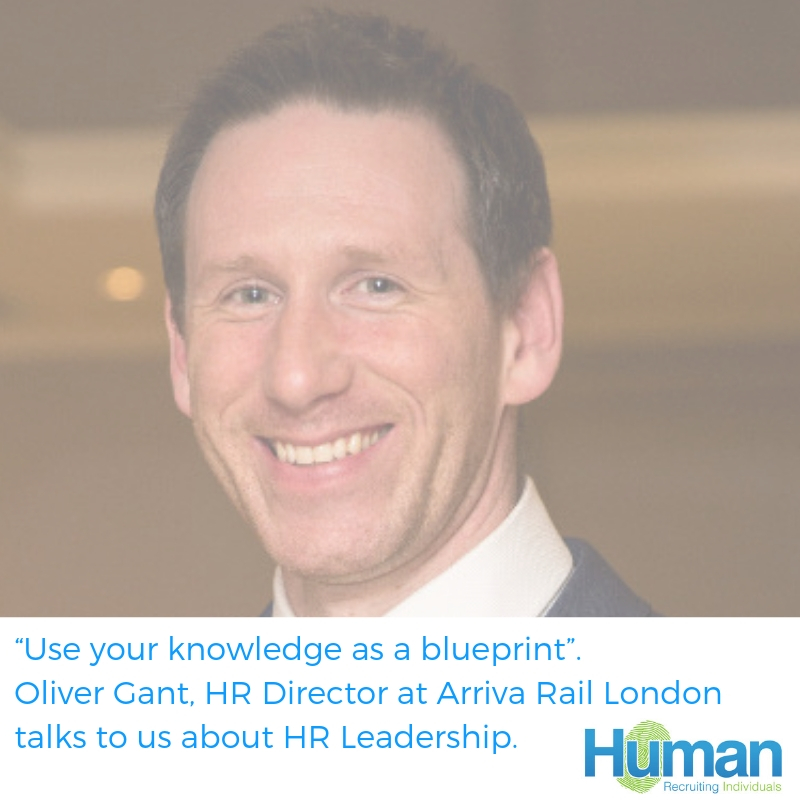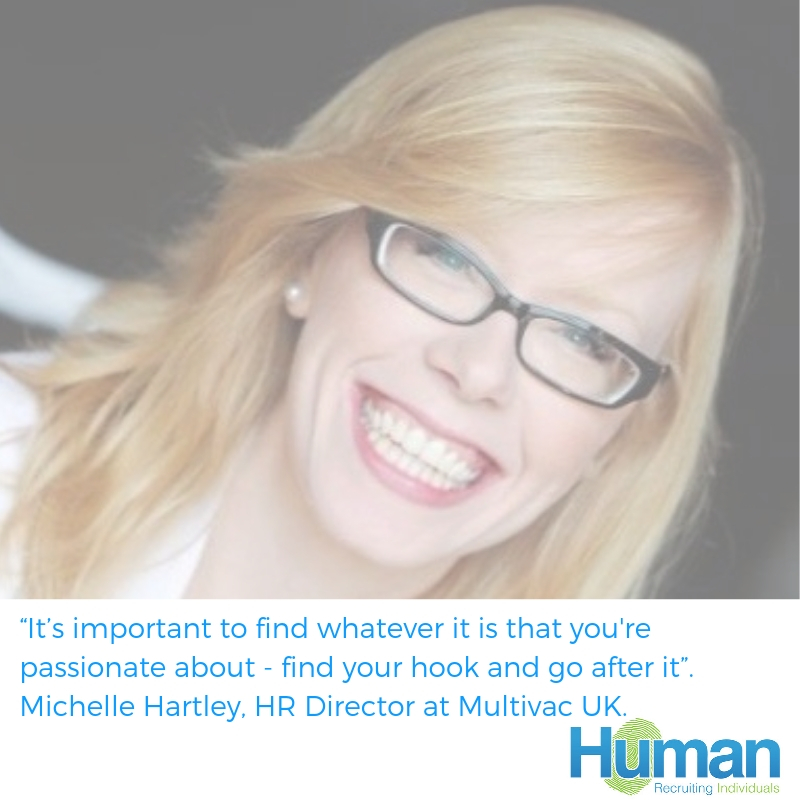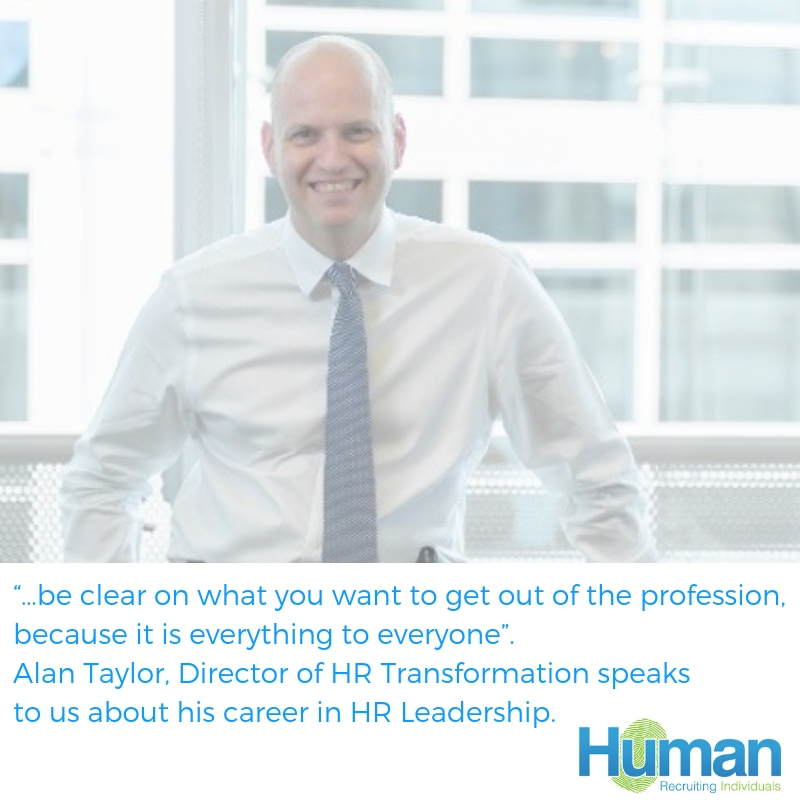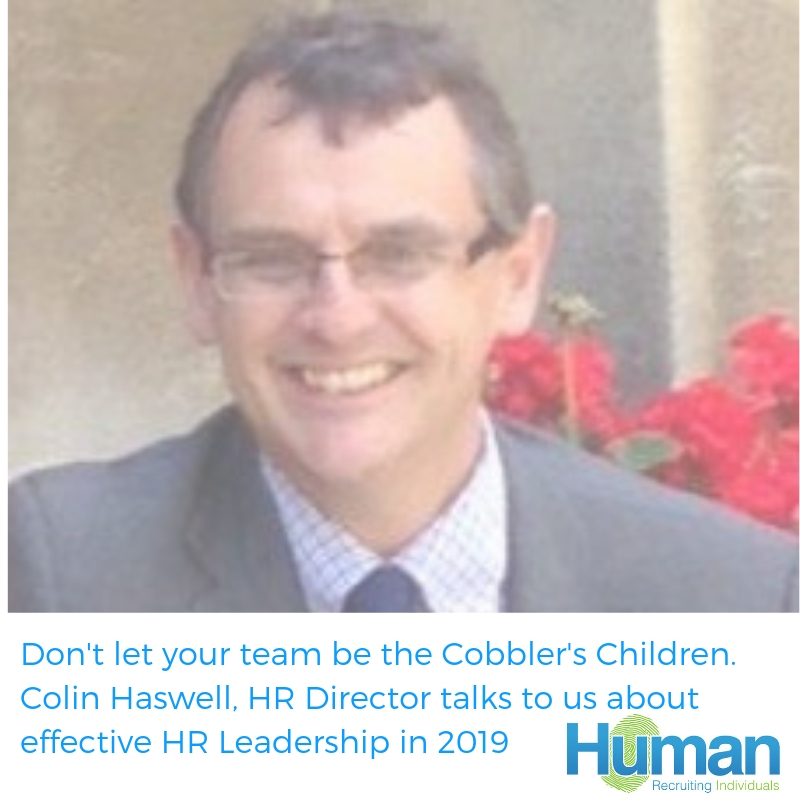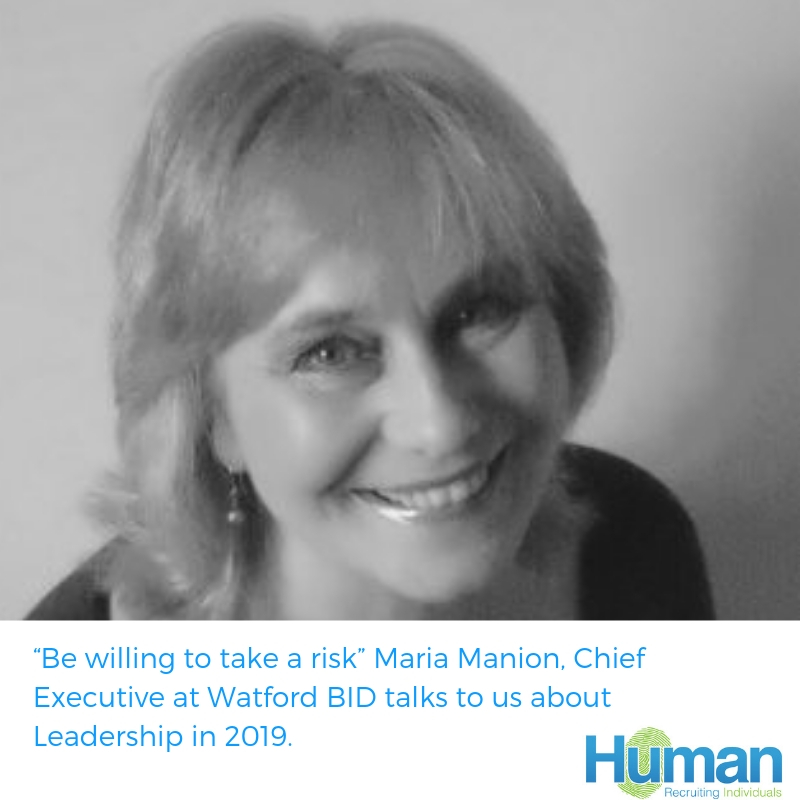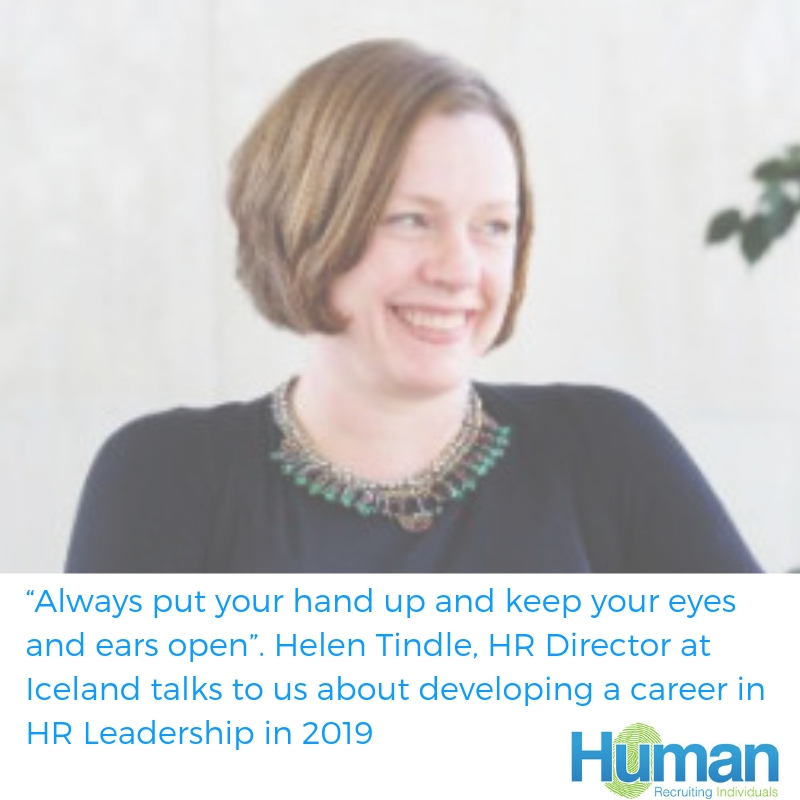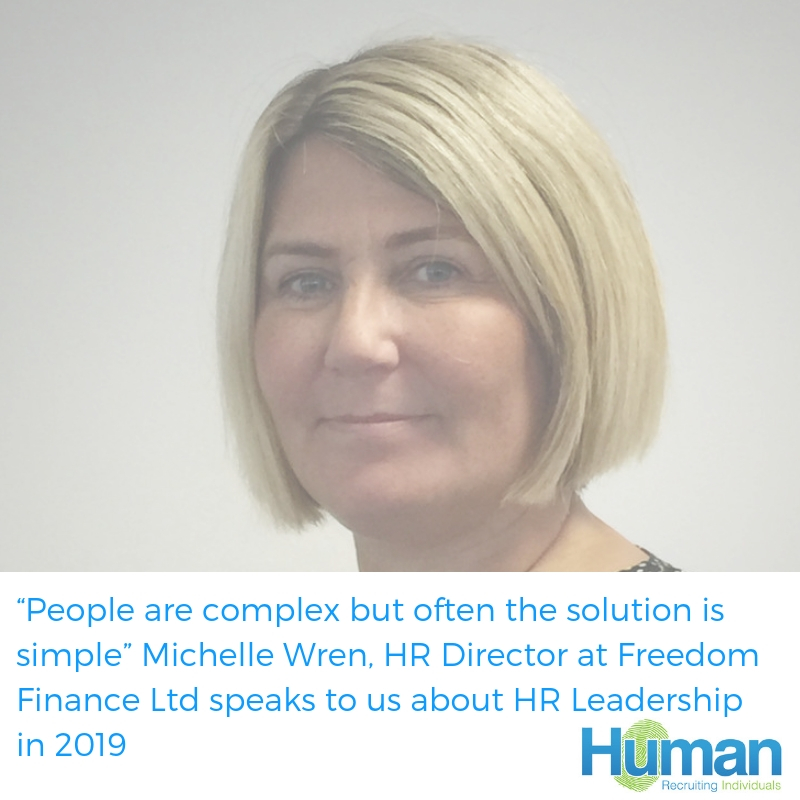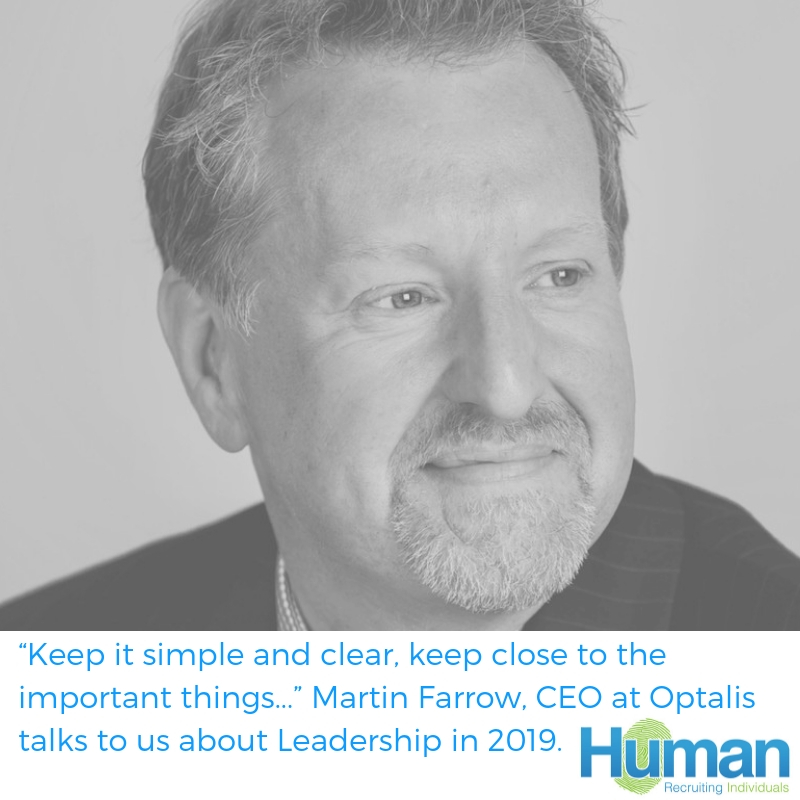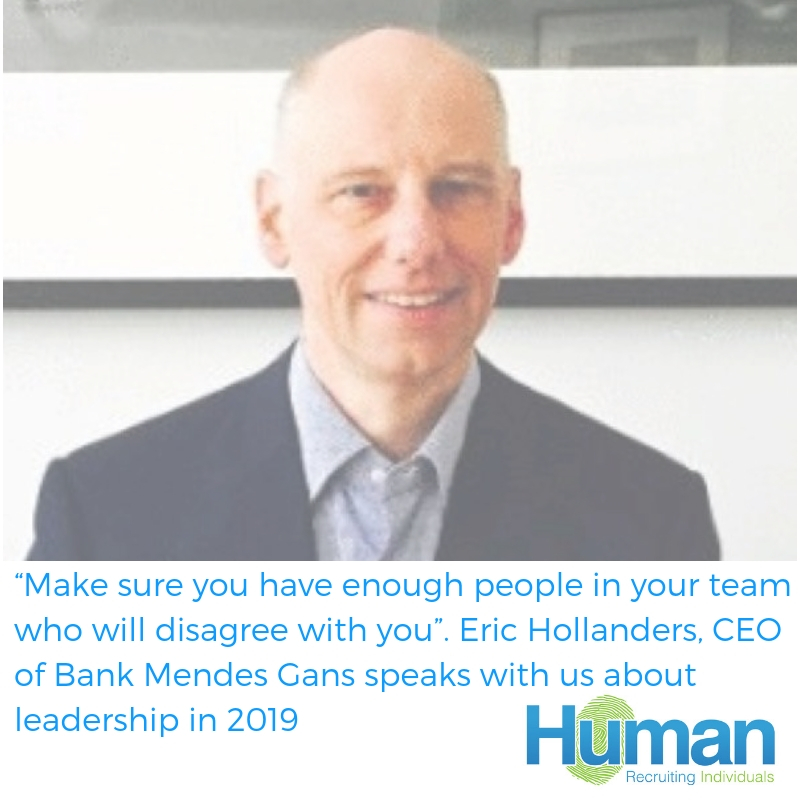“Use your knowledge as a blueprint”. Oliver Gant, HR Director at Arriva Rail London talks to us about HR Leadership in 2019
As part of our commitment to supporting candidates to develop fulfilling careers, we’ve invited some HR Leaders to let us in on the secrets of their success. This week we had a great conversation with Oliver Gant, HR Director at Arriva Rail London. We asked Oliver a few questions about his career in HR. Oliver’s career spans personal safety and physical training, agriculture, food manufacturing, mental health, and most recently transport. Like many HR professionals, Oliver’s journey did not start in the HR field. His journey began as a physical trainer but eventually felt his career was not progressing. So, he stepped out of his comfort zone and applied for an HR role at East Suffolk Mind, a mental health charity organisation. 70% of what the role entailed had to be self-taught. He had to take experiences from other places and apply them in his then current role. After moving into agriculture, Oliver was approached with a HR Manager’s position at Two Sisters Food Group. It was a huge step for him as he had never managed anyone before. Oliver has since developed a diverse background and understanding in a variety of sectors and life-cycles. His transition from a fast-moving consumer goods environment to an industry that took time to change exposed him to many trade unions. We were keen to speak with Oliver about his perception of the HR sector and what he feels it takes to be a strong HR leader in 2019. What do you think is the key to being successful in an HR Leadership role? “I think it’s about really stretching yourself. Get as much experience as you can because as you develop your career, your opportunity to gain experience in the fundamentals of HR practice go away. You’re never going to be the finished article. You’ve got to take responsibility for your own development. Read a lot. Reading keeps your beliefs fluid. What you know to be true today might be very, very different tomorrow. Be open to be persuaded about how you approach things because how it works in one place, may not work in another. Use your knowledge as a blueprint, as a starting point. The other bit is to work hard on you, because the hardest thing is creating that level of resilience in yourself and accept that things will go wrong, it’s how you react to them that makes the difference. When things go wrong, people turn to the HR director to be the rock; you’re the barometer for the team. What are the common themes and or challenges you are facing currently? “I think Brexit will be challenging. Certainly, around the migrant workforce. We need to get better at understanding how the workforce is changing and how we need to respond to people. People are also working beyond the traditional retirement age so, the workforce composition in terms of x, y, and millennials is also changing. The days of organisational loyalty are going. It’s important that the most senior people in organisations begin to realise that now you’ve got to invest more in talent and understand that it’s okay when that talent leaves. The other point to note is the millennial generation’s approach to work is highly different. They are dependent on tech and the notion of traditional approaches to work are changing. It’s about what we can learn from this generation and how technology can encourage more agility in our working practices. I know when I work from home it saves me four hours of travel and means I can spend some more time with the family. Work around culture is key, it’s a focus for our board and led by our MD. We need to recognise how we are going to achieve world class, so it’s important that we know what we need to do to get there. We are investing time, energy and resource into shaping a culture for the future. What advice would you give HR professionals who are just getting started in their career? “Get as much experience as you can and as broad as you can. And if you don’t get it, keep trying, ask questions, find ways, be resourceful”. “Being a solutions provider makes you a great asset in any company”. Oliver says he’d rather take up a task then figure out how to carry it out later. By consulting Google, colleagues and his boss, he always found a way. “In the early days I would start saying, ‘yes’, and work my way back from there”. Oliver has been HR Director at Arriva Rail London for almost 18 months and leads the HR, Talent and Communication teams.

